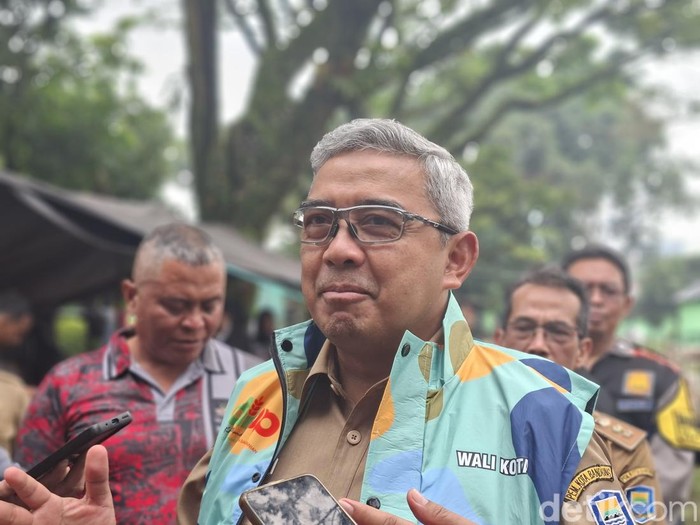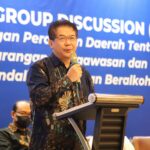
Bandung —
The Mayor of Bandung, Muhammad Farhan, stated that his administration has not yet analyzed the order from West Java Governor Dedi Mulyadi regarding school start times at 06:00 WIB. He acknowledged that further study of this directive is necessary.
«The 6 AM school start time has not yet been analyzed; I am still awaiting a review. Once the review is completed, we will announce our position,» said Farhan on Tuesday (6/3/2025).
He noted that additional research is needed, as there are many implications to consider. One of them is the availability of public transportation in the early morning.
«Starting school at 6 AM has numerous consequences. Not all public transportation operates at 5 AM. Even school buses only start running at 8 AM. I need to evaluate all of this,» he explained.
According to him, the new rule will largely depend on the readiness of Bandung’s city government to prepare public transportation for the required schedule. Additionally, students are currently expected to commute to school independently.
«In the future, it seems this will be tied to the city government’s readiness to provide transportation subsidies. Because one of the goals (of the early school time) is to avoid parents driving their children to school,» he explained.
Regarding school buses, he mentioned the need to coordinate with Bandung’s transportation department on possibly reactivating the fleet. Currently, it is known that some school buses were damaged due to flooding.
«We will review this matter with the transportation department, as some buses have been parked for too long and were submerged during the flood. Several units are non-operational. If they are to be restored, we must calculate the costs of repairs, maintenance, and driver salaries,» he clarified.
Restricting Gadget Use
Farhan stated that one of the upcoming regulations in Bandung will involve controlling mobile phone and gadget usage among students. In the future, students will be prohibited from using gadgets during school hours.
«The regulation to be introduced soon involves controlling mobile phone usage. I am discussing with newly appointed school principals how to manage phone use during class time,» he explained.
He gave an example where students would be required to deposit their gadgets in a designated area. These devices could only be retrieved when they are ready to go home.
«As soon as they enter school, phones will be collected and returned only after classes end. However, measures must be taken to ensure phones are not mixed up or lost,» he added.






